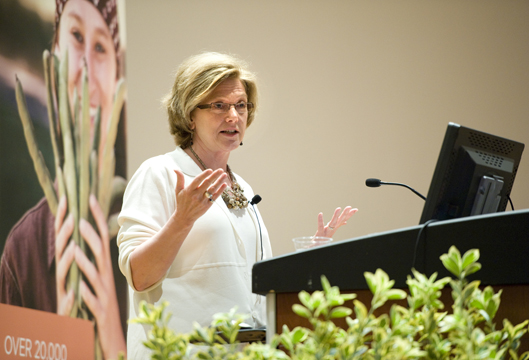Water: no other element is as necessary for sustaining life. And no other necessity so brings into focus the overreach of private corporate wealth, picking our nation’s public pockets. How so? Guess which city in Michigan, the Great Lakes state surrounded by fresh water, still has schools with dangerous levels of lead in its water, PLUS the highest water bills of any of 500 in the nation?
Flint. Yes, that Flint. $910 annually for all the lead you can drink. (Although when I was at Totem Books in Flint, people there said, no! That was on the low side!)
Now guess which state just handed over 576,,000 gallons of water per day to Nestle Corporation for free, so they could pump the state’s groundwater Great Lakes Basin for private profit, despite overwhelming input from citizens protesting the piracy— 80,945 against, to 76 in favor? Michigan!
Flint's Michigan water first got national attention in 2014, thanks to Mona Hannah-Attisha, a young pediatrician who noticed the dangerous levels of lead in children’s blood. She undertook blood test surveys on her own, when the Michigan government failed to respond, instead covering up their crimes. Gov. Rick Snyder had earlier indulged sweeping powers given him by the Michigan legislature, to override the city’s elected representatives by means of a fiscal manager. Synder's appointee made the change in water source, despite the city council’s protests, that not only poisoned kids, but ruined Flint’s plumbing systems.
In other words, the state's regime declared that bucks will trump democracy. Eventually 15 people were criminally charged, including for negligent homicide, but not so, the Governor, who only oversaw the whole fiasco.
The city’s deficit has made for the latest cruel decision—namely shutting off water to those 1000 residents who cannot pay their water bills. Food and Water Watch is calling for water bill forgiveness and new state funds to repair the damage done to the city’s water system.
Now here’s some good news: Maryland is poised to declare that water is an “inalienable right” for its citizens through a Water Taxpayer Protection Act. The city of Baltimore has been fighting the takeover of its public water system by private corporations, having studied the results from cities that took that private route. In every case, the cost of water for citizens went up.
Profits skimmed from the top apparently leaves a scummy ring around your water bill. Essentials like water need to be kept public.
—Rickey Gard Diamond
NOTE: That a drop of water could explain the universe was something Lucy Larcom wrote, recalling her girlhood at the earliest textile factories. Dr. Mona also writes about water in her memoir, What the Eyes Don’t See: A Story of Crisis, Resistance and Hope in an American City.







